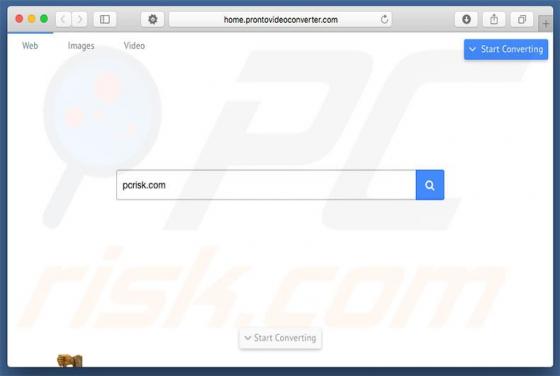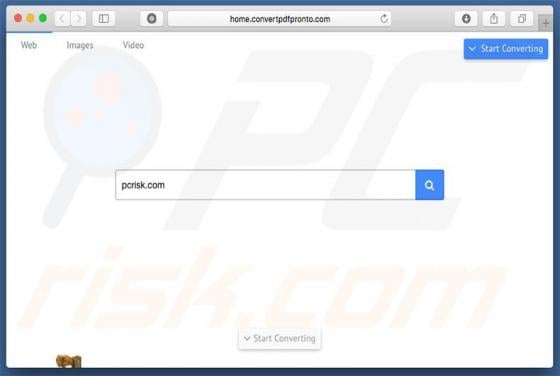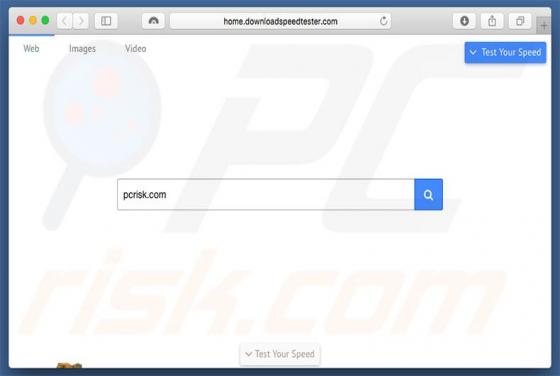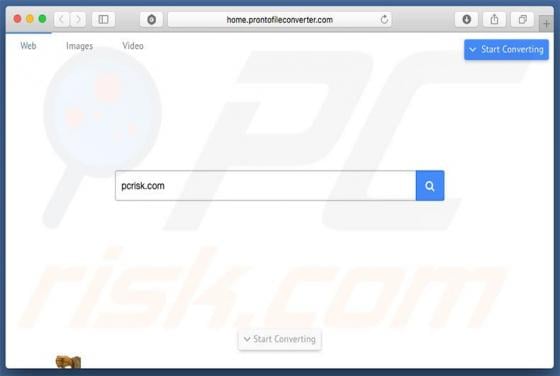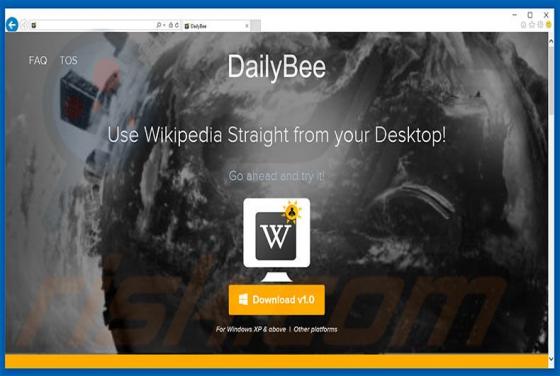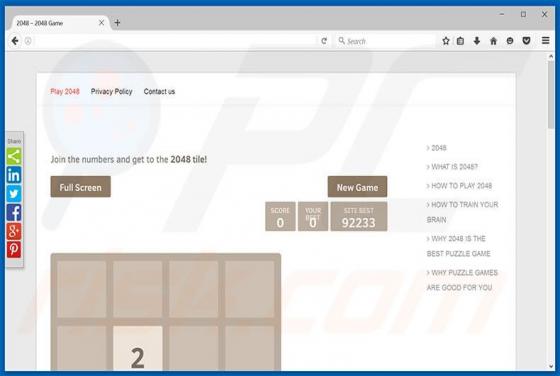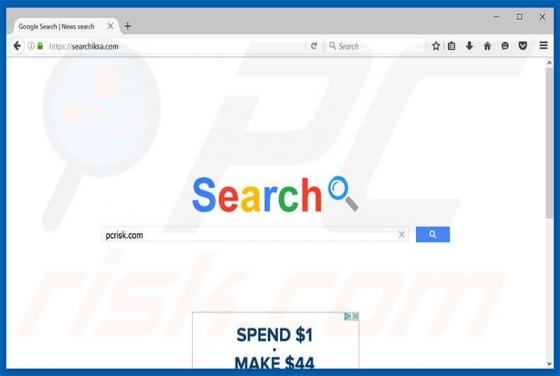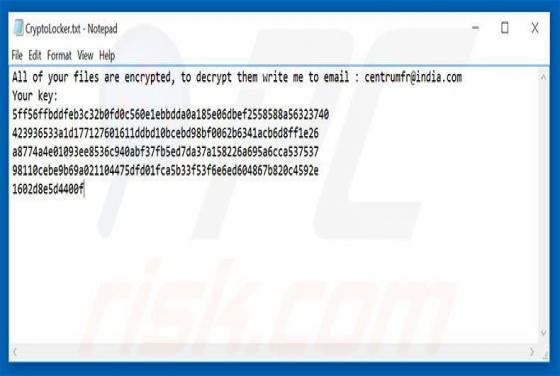
FenixLocker Ransomware
FenixLocker is another ransomware-type virus that encrypts files using AES cryptography. During encryption, FenixLocker appends the names of compromised files with the ".centrumfr@india.com" extension (e.g., "sample.jpg" is renamed to "sample.jpg.centrumfr@india.com"). Following successful encryp
![Save Serp Now Adware [Updated]](/images/thumbnails/th-large-8778-save-serp-now-adware.jpg)
![Razy Ransomware [Updated]](/images/thumbnails/th-large-10315-razy-ransomware.jpg)
